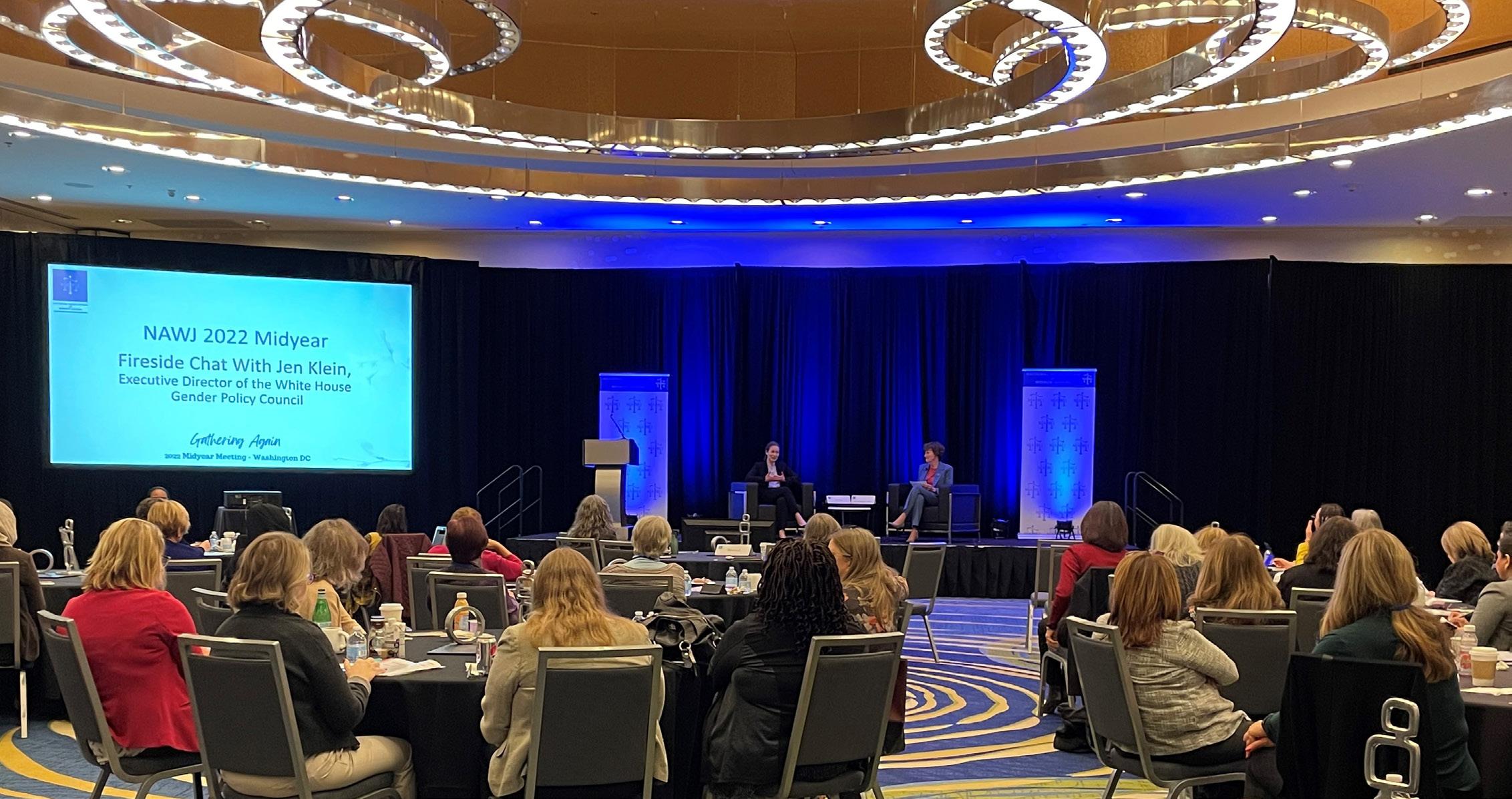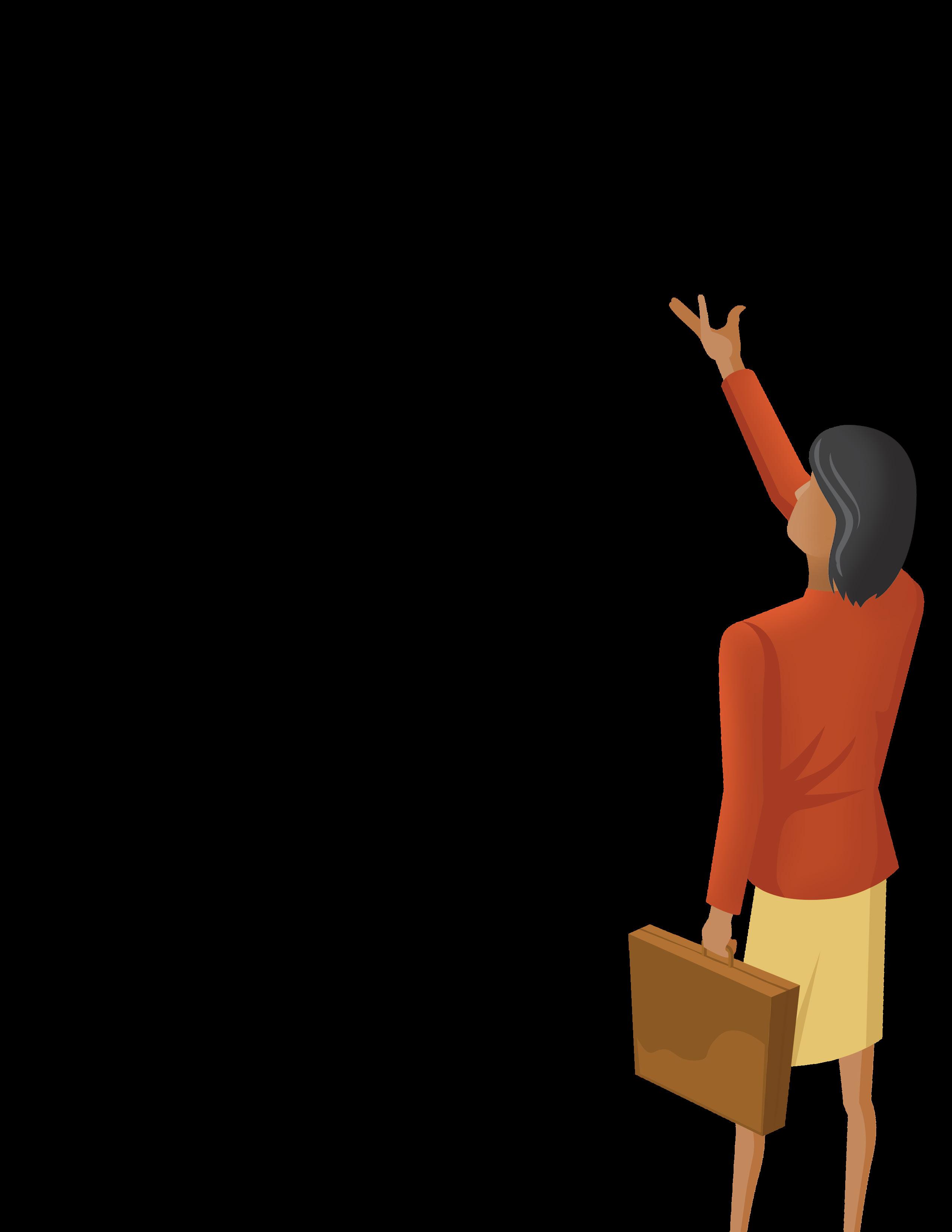SUMMER 2022
7
“As judges we have privileges— wealth, education, status- that most who appear before us do not. If we perceive the circumstances of a case from our privileged vantage point, how can we truly be neutral?”
Fairness and Access Start with ecently, I had a conversation with a dear colleague, Nell Newton, who is the current interim dean of the University of Miami Law School. Nell has been a dean in several other schools, and we were discussing the role of empathy in practicing law. She mentioned that she keeps on her desk a sign that says, “It’s not all about me.” I realized that such a saying really is about reminding us to practice empathy. I began thinking about how practicing empathy makes us better judges. In researching articles about the topic, I stumbled upon Professor Rebecca K. Lee’s article “Judging Judges: Empathy as the Litmus Test for Impartiality, 82 U. Cin. L. Rev. 145 (2013). From her article I concluded that practicing empathy makes By Hon. Diana L. Leyden, Special Trial Judge, U.S. Tax Court
me a better judge because it: (1) helps me remain neutral; (2) helps me adhere to my ethical duty to be impartial; and (3) aids me from jumping to conclusions that are comfortable but may ignore how a litigant sees the law and the circumstances that brough him/her/them before me. Some may incorrectly believe that







